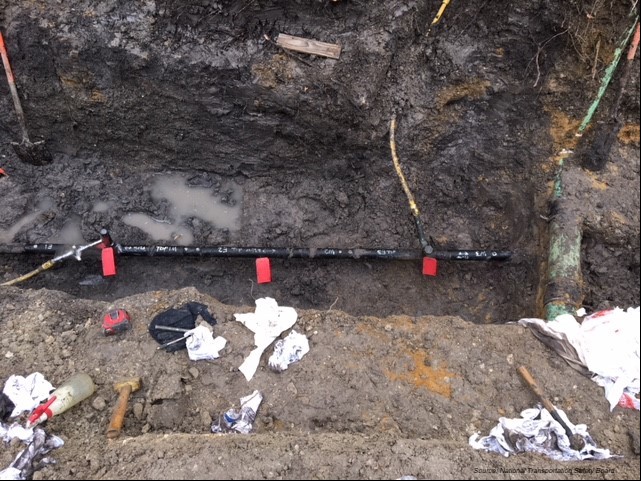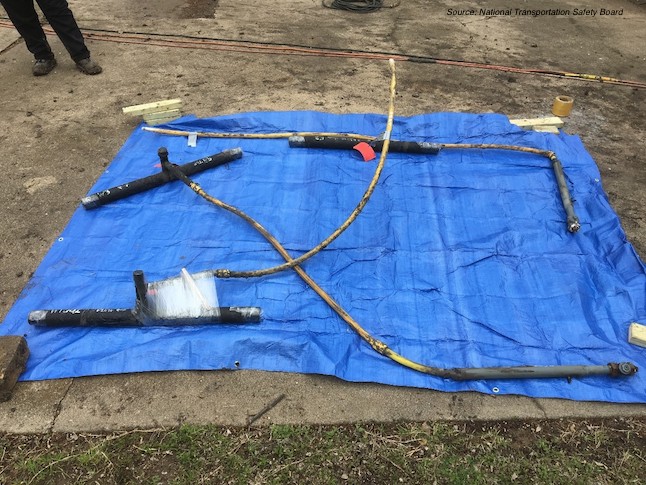As family and friends mourn the loss of 12-year-old Linda Rogers who was killed last week in a gas explosion that destroyed her home, investigators are searching for answers, how and why did this happen?
Around 6:30 a.m. on February 23, emergency responders received a call about a house explosion in the 3500 block of Espanola Drive in Dallas. When they arrived, the house was not on fire but was badly damaged. Four injured people were standing in the yard, one of them was holding Linda in their arms. She was unresponsive. Firefighters immediately began life-saving measures and transported the family to an area hospital for treatment. Linda did not survive.
Hundreds of people attended a March 1 service to pay their respects, and a GoFundMe page has been created for the family. Linda, whose friends called her “Michellita,” was a cheerleader known for bubbly personality and beautiful smile.
Gas Leaks in the Area
The explosion that claimed Linda’s life was the third gas-related fire or explosion to occur on the same block during a three-day period, and the tenth to occur on the same block since 2010. More leaks were reported after the fall explosion, one at Chapel Creek Apartments on Hidalgo Drive, the other at Fire Station 43 on Lombardy Lane.
Neighbors mourning the loss of a beautiful young friend are also wondering if something could have been done to prevent the tragedy and why the 3500 block of Espanola Drive has been plagued gas leaks.
State, local and federal investigators are trying to find out.
The National Transportation Safety Board (NTSB), the federal agency that regulates pipelines, sent a three-person team to the scene on February 25. In a preliminary report released March 1, the agency said it had found a leak at the service tee, collected a 6-foot long segment of the pipeline and shipped it to Washington for testing. The agency will also be conducting pressure tests on the gas lines of the home.
Geologic conditions are one of the potential causes of the leaks, according to the report. The clay soil in the area exerts pressure on the pipes as it expands and contracts as the weather changes. The pipes in the area are made of steel, which is known to be vulnerable in these conditions.
Atmos Energy has shut off service to 2,800 homes while crews work around the clock to replace the network of steel pipeline. It is not clear why the pipes had not previously been replaced.
Related Articles

